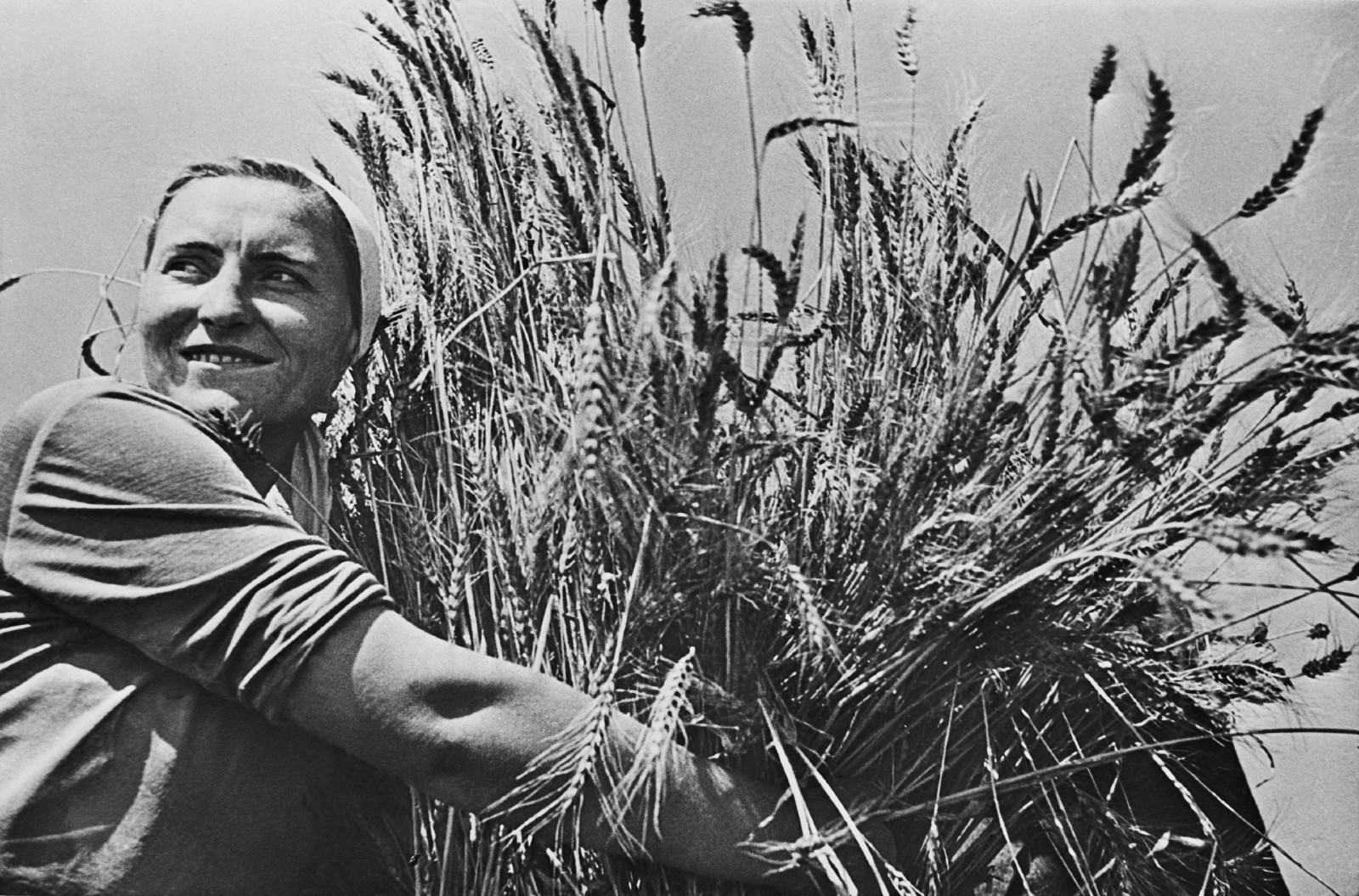Out with the in-kind, in with the banknotes

Farmers could soon be getting cash subsidies for fertilizers instead of in-kind subsidies, after President Abdel Fattah El Sisi called for the switch last week at the inauguration of expansions to the Kima 2 ammonia and urea industrial complex in Aswan (watch, runtime: 21:20). The move away from in-kind subsidies could end the parallel market trade in fertilizers, while providing farmers with the direct liquidity to buy their fertilizers would help factories better assess local market needs before earmarking for exports, El Sisi said. The president also urged farmers to adopt modern irrigation systems, which slash fertilizer consumption needs by 40-50%.
This comes as fertilizer prices surge on the back of global commodity costs. The government gave producers the green light in December to hike prices at which they sell subsidized urea fertilizers to farmers by 50% to EGP 4.5k per ton. The increase comes shortly after the government raised natural gas prices for industry, hiking rates by up to 28% for businesses including fertilizers, iron and steel, petrochemical, and cement makers.
Analysts give the move a thumbs up: The president’s directives will “put an end to the black market and ensure that the subsidy reaches those in need,” CI Capital said in a report on 29 December. The move could also cut down on the overuse of nitrogen fertilizer, “which in Egypt is >4x the global average,” the investment bank said.
The move is consistent with the Sisi administration’s general policy direction for subsidies: Back in 2017, the Supply Ministry ended subsidies on flour used to produce subsidized bread to put an end to fraud that saw the flour traded on the black market. The ministry instead subsidizes only the price of the final loaves. The government also drafted a new Cash Subsidies Act in mid-2019 to govern a new system of direct money transfers instead of the current setup of in-kind subsidies using ration cards. The new system is designed to be more efficient and streamlined, while cutting down on subsidy fraud. The Takafol and Karam social welfare programs, launched in 2015, pioneered the idea in Egypt by providing cash subsidies directly to qualified beneficiaries.
El Sisi ordered a rework of the subsidy system several times last year, including calling for the introduction of a modernized, digitized ration card program, which he said would help end the large-scale misallocation of welfare subsidies.
Also rising: Sugar prices. The government has hiked prices at which it sells sugar by almost 25% in response to rising international prices. A kilo of sugar will now be sold at EGP 10.50, up from EGP 8.50, Al Masry Al Youm quoted Supply Minister Ali El Moselhy as telling reporters last week. International prices of raw sugar have surged some 57% since 1H2020, Prime Research wrote in a note last week.
The move will have a noticeable impact on inflation, according to analysts at CI Capital in a note last week. They expect the rising prices of sugar to add another 0.15 percentage points onto the headline rate.
SMART POLICY- Could we see higher piped water prices soon? The government has wrapped a feasibility study on reworking piped water consumption tiers for both residential and non-residential use, which Prime Minister Moustafa Madbouly reviewed last week, according to a cabinet statement. The statement doesn’t provide further details on what the restructuring would look like, or how much we can expect prices to increase. Piped water prices were last raised in 2018, when the government hiked prices across all consumption tiers by up to 46.5%.